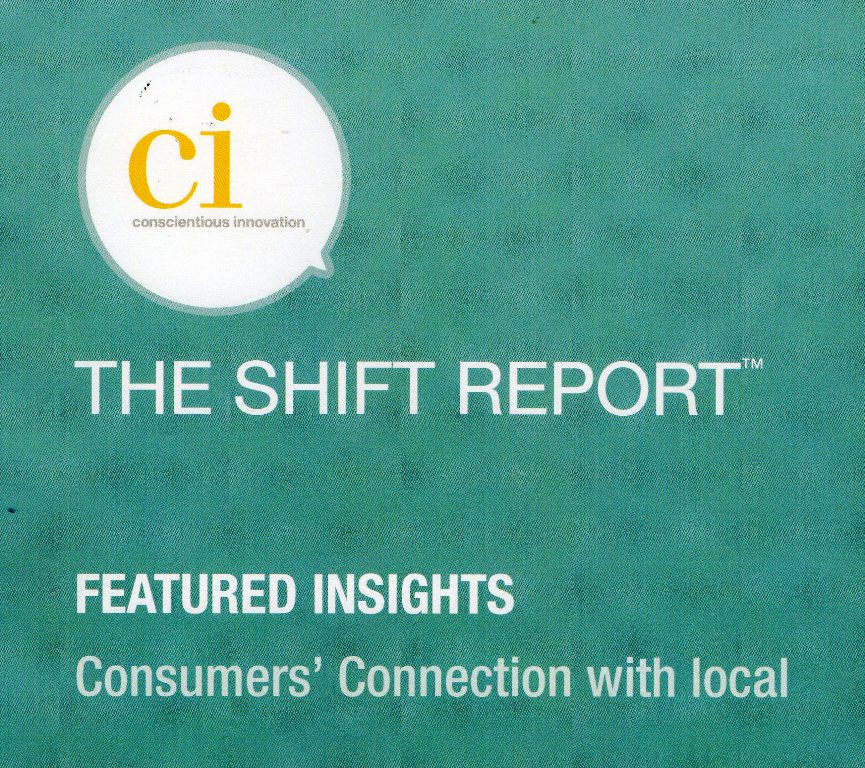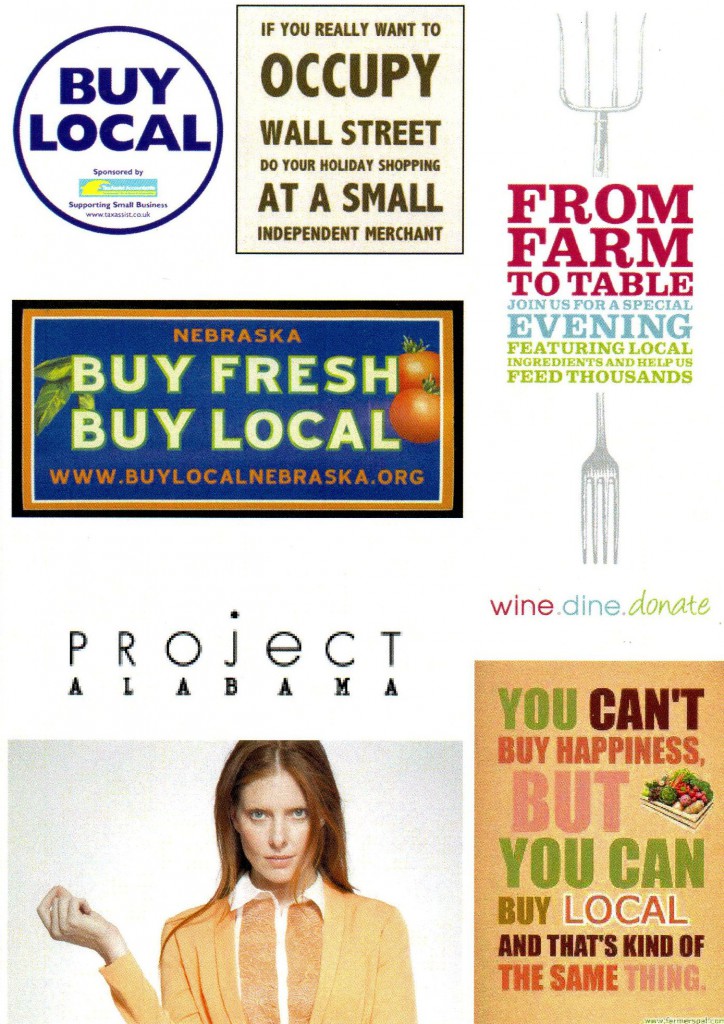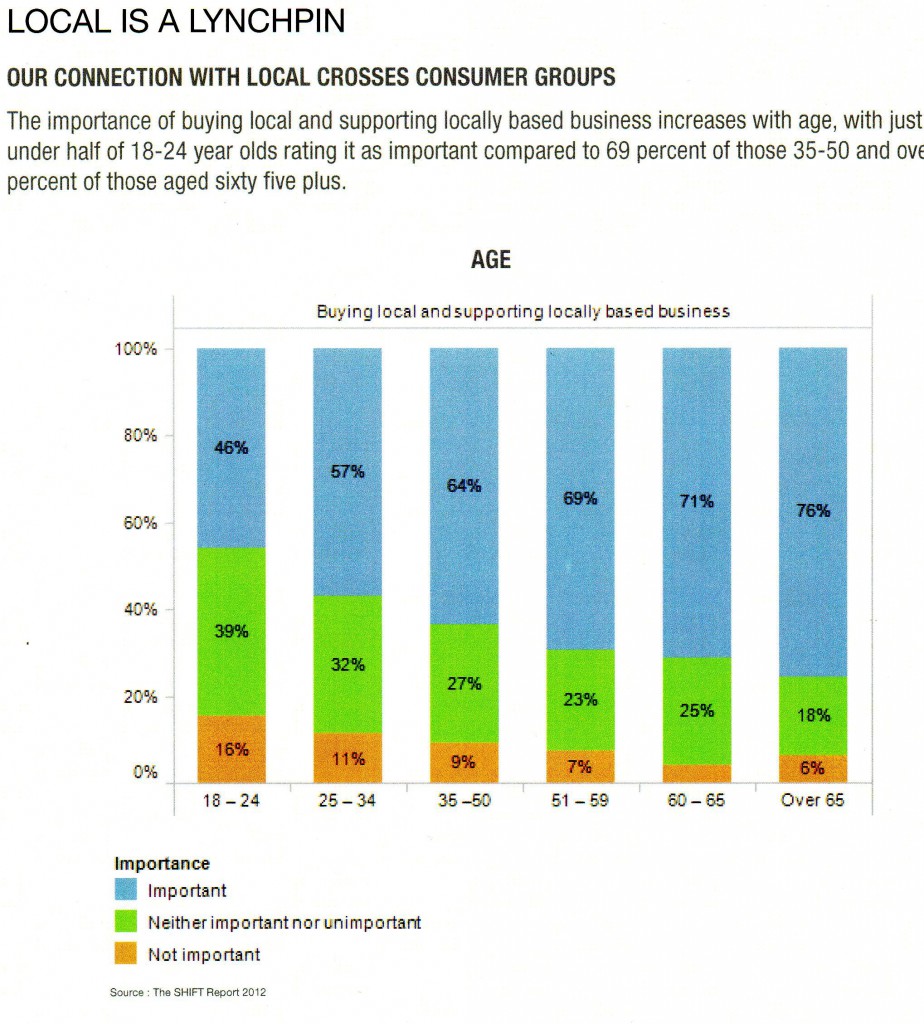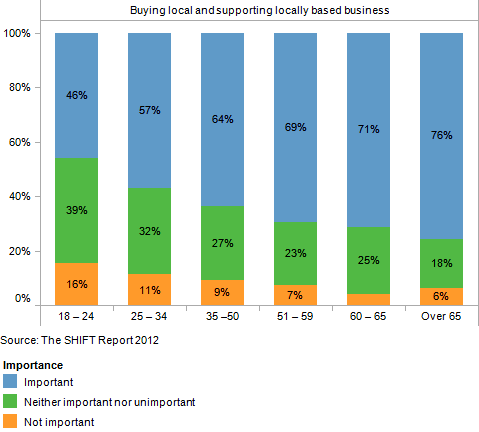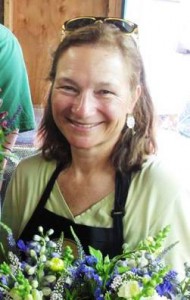Podcast: Play in new window | Download
Subscribe: Apple Podcasts | Podcast Index | RSS | More
 Welcome to the Show Notes for SLOW FLOWERS with Debra Prinzing, my new podcast about American flowers, the farmers who grow them and the designers who create beauty with them. Make a conscious choice and join the conversation – and the creative community. When we know where our flowers come from and who grew them, we place a much higher value on those blooms.
Welcome to the Show Notes for SLOW FLOWERS with Debra Prinzing, my new podcast about American flowers, the farmers who grow them and the designers who create beauty with them. Make a conscious choice and join the conversation – and the creative community. When we know where our flowers come from and who grew them, we place a much higher value on those blooms.
PART ONE of this podcast features Kierstin De West, CEO and founder of Ci (Conscientious innovation), a market research, information and consulting firm known for its early embrace of the sustainable marketplace. Read more about the mission of Ci and its origins here.
I first met Kierstin in 2010 in an accidental encounter that can only be called serendipitous. Yes, we were seated at adjacent tables in Anthony’s Restaurant at the Seattle-Tacoma International Airport. We struck up a conversation and the beginnings of a friendship in about one hour . . . before we both had to race to our respective flights. Later, I invited Kierstin to talk about her research into consumer attitudes regarding sustainability as the keynote speaker for the Garden Writers Association annual symposium in 2011.
As a subscriber to Ci’s newsletters and reports, I was fascinated to read the newest installment of the firm’s ongoing research called The Shift Report. Ci shared highlights of the omnibus study of 5,000 consumers in North America and what jumped out at me was the idea of LOCAL values surpassing other topics that you might consider ranking higher on consumers’ sustainability checklist….such as Organic or Global Warming.
Listen as Kierstin and I discuss this fascinating research and hear how her insights can influence your decisions as a consumer, floral designer, seller of flowers or grower of flowers. Here are some of the highlighted slides from her report:
” Sixty-five percent of
North Americans feel that
buying local and supporting
locally based business
is an important sustainability issue,
surpassing the importance
of both global warming
and buying organic .”
LEARN MORE. If you’d like to receive a free copy of the CONSUMERS AND LOCAL featured insights from Ci’s 2012 Shift Report, follow this link and fill out the request form.
PART TWO of this podcast features a conversation with veteran organic flower farmer Joan Thorndike, owner of Le Mera Gardens in Talent, Oregon, which is near Ashland. We talked about what LOCAL means to Joan’s floral customers while taking a walk from Joan and Dan’s home to the vibrant farmer’s market in downtown Ashland. I stayed with the Thorndike family last month while I was there to produce a story for Country Gardens magazine.
Turns out, the FARM-to-FORK dinner we were photographing for a future story featured a super-long dining table in the midst of a biodynamic winery. . . and guess what showed up on the tables?! Beautiful, seasonal flowers grown by Joan, of course! You can read more about that event here and keep an eye out for the full story with Laurie Black’s photography in a 2014 issue of the magazine.
Many of you were introduced to Joan in the “Grower’s Wisdom” section of The 50 Mile Bouquet. We introduced readers to Joan and three other seasoned flower farmers. In that short section, Joan’s articulate, insightful perspective resonated with me. She is a grower-ecologist. Joan operates on a world view that is highly inclusive and optimistic. My favorite quote from our original interview goes this way:
“When I sell my flowers, I believe I am appealing to my customer’s deeply visceral desire to observe the cadence of Nature.”
I hope you’ll enjoy our conversation as we touched on some important considerations facing American flower farmers.










